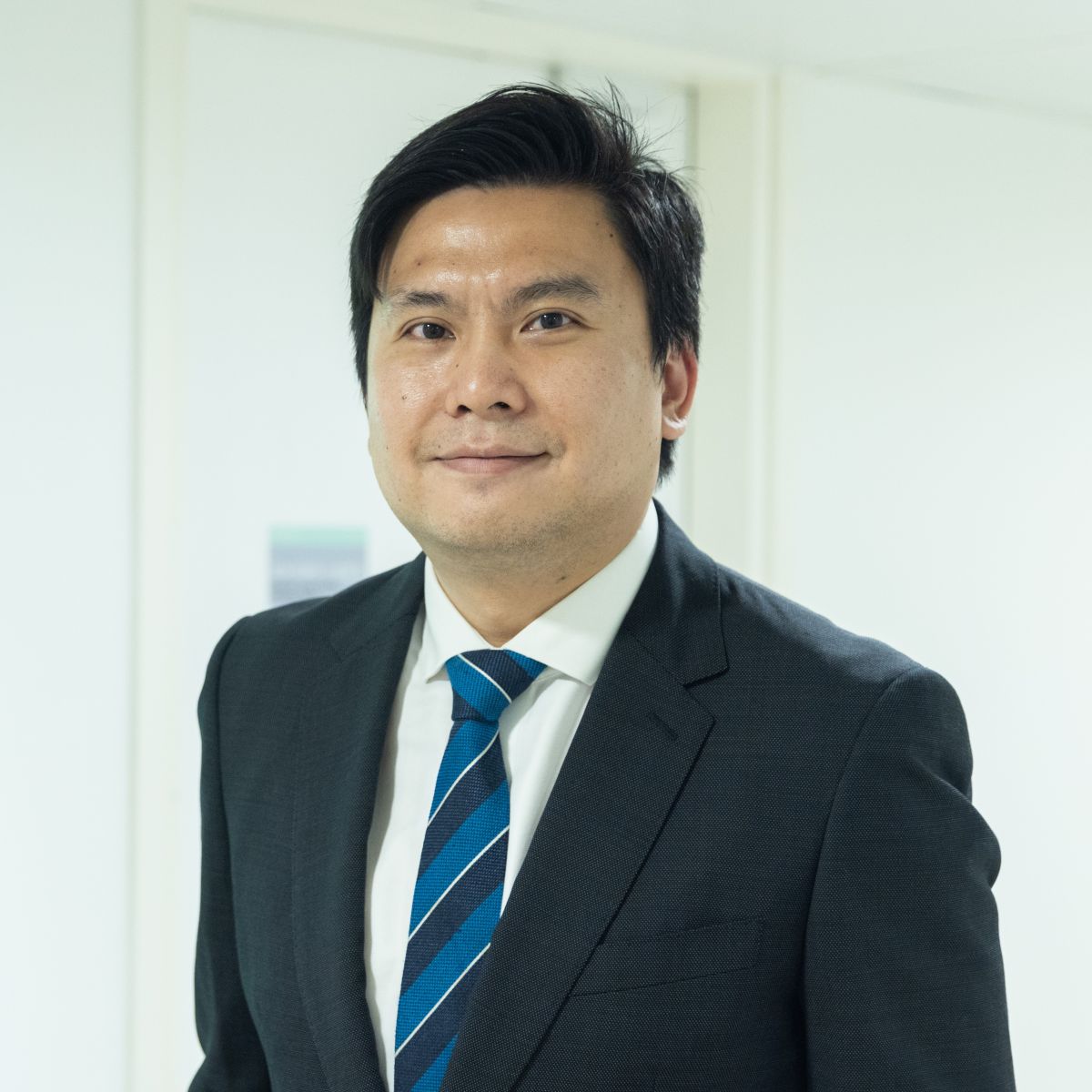
Professor Paul Lee
Endocrinologist
Improving Patient Care through Patient-Doctor Partnership
The challenge in managing diabetes is about the chronicity of the disease and the difficulty to achieve a cure. Patients with diabetes need long-term medications, which inevitably affect their quality of life. Doctors are well-known for their heavy workload. However, Professor Paul Lee, Clinical Assistant Professor at HKU Department of Medicine, is willing to spend time on listening to patients’ “stories” and devotes to encourage them to hold an optimistic view on their diabetes. “A doctor’s mission is not just treating diseases, but to treat people. Besides prescribing medications, caring for patients also has a positive impact.”
Controlling Disease Conditions through Patient-Doctor Communication
Professor Lee always enjoys watching medical-themed television dramas since he was a secondary school student. He watched “ER” and “Healing Hands” with great interest. “The leading actor of ‘Healing Hand’ is also called Paul!” he laughed. After graduation, Professor Lee chose to specialize in endocrinology under Department of Medicine. “I love riddle solving, unraveling the causes and progress of diseases. The special perspective of endocrinology is the multi-system effects of hormones which require a holistic approach in patient care.”
“Patients with endocrine diseases may have various health problems, such as high blood glucose level, compromised kidney function etc. requiring long-term follow-up. With rapport established between patients and doctors, patients often enjoy chatting openly with doctors during consultations!” Professor Lee believes that good patient-doctor communication enables doctors to understand their patients and could manage their conditions more effectively. “Managing chronic health problems takes into consideration a lot of other factors, including patients’ own perceptions on their diseases and compliance issues.” On the other hand, many endocrine disorders may not be easily diagnosed due to subtle symptoms. “It needs patience and time to listen to their stories by heart, so that we could uncover their real problems step by step.” Whenever Professor Lee makes the diagnosis and prescribes effective treatment, he gains a sense of accomplishment and satisfaction.
Flourishing Research Outcomes
Diabetes is one of the most common diseases in endocrinology. Although treatment options for diabetes were limited in the past, many new drugs have emerged over the last decade. These drugs not only help lower blood sugar level, but also help patients to lose weight and reduce the chance of long-term diabetic complications. In addition to novel drug trials, Professor Lee has also been undertaking bioequivalence studies in recent years and collaborating more closely with HKU-CTC. “Bioequivalence studies can help provide patients with more high-quality generic drug options and lower drug prices. This type of research requires the recruitment of a large number of healthy volunteers. HKU-CTC has been doing that very well, and contributes to the smooth completion of these studies.”
The Long Journey of Clinical Research
“Drug research and development requires the efforts of both research teams and the participation of volunteers. Communicating with these study participants is crucial in the process of clinical research, just like in clinical practice.” Professor Lee expresses his gratitude to volunteers who have participated in clinical research, especially those from the “The Hong Kong Cardiovascular Risk Factor Prevalence Study (CRISPS)”. This study spans for over twenty years. Participants are required to return to the hospital every five years for follow-up assessments since 1995. “We should express our respect and gratitude to people who are willing to devote their invaluable time and trust to support research.”
In recent years, the public has gained a deeper understanding on clinical research and is more appreciative of the value of medical science. “I encourage more people to contribute to the advancement of medicine. Let’s join our force in medical research and share the rewarding outcomes together!”
